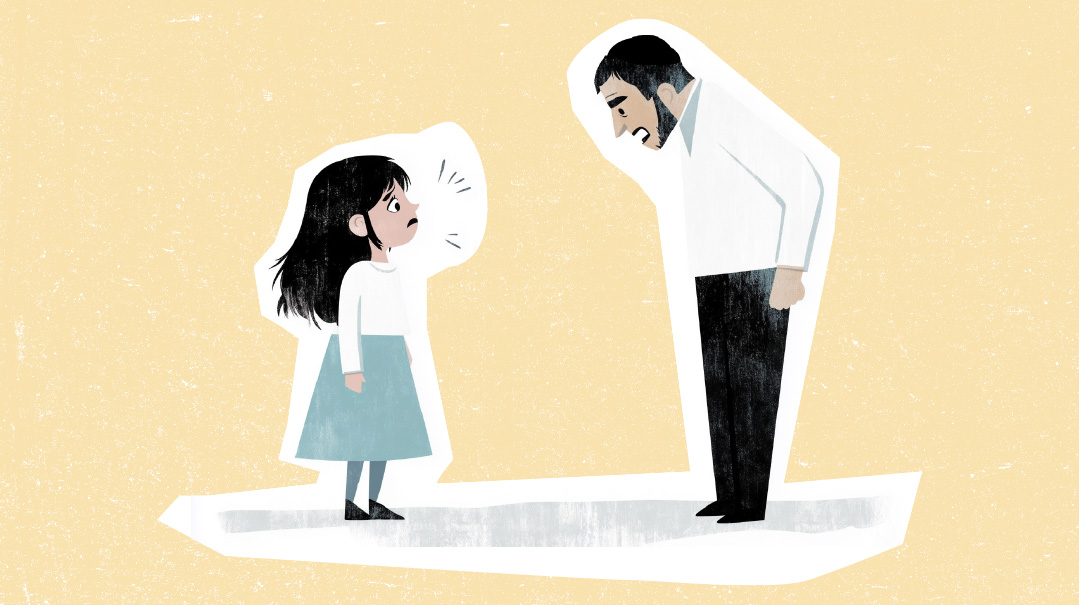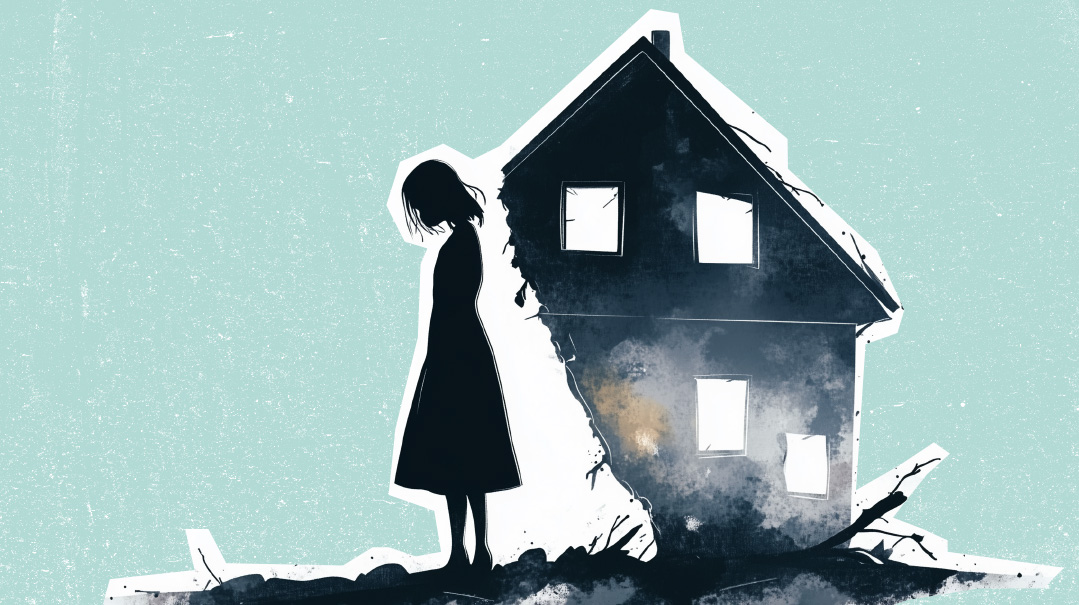“How Can I Make My Daughter Appreciate Me?”

Parents often think their kids are wonderful human beings. Children often think their parents have many shortcomings

Q:
MY daughter, married with several children, lives in a city far from us. She’s told me that she’s been having a difficult time emotionally for several months, but didn’t offer any details. I only know that she went for intensive therapy, which seemed to help.
As I will soon be visiting my sister who lives in the same region as my daughter, I was naturally expecting to stay with my daughter as well, either on Shabbos or during the week. When I asked her which would be better, she responded that she and her husband “aren’t up to having guests.” I’m her mother, not a guest! I send gifts for her and her family. I don’t interfere with her child-rearing or her marriage. We’ve helped them out quite a bit financially, even paying for her therapy.
I may not have been a perfect mother, but I gave my daughter everything I could: love and attention, braces, camp, seminary. I was a stay-at-home parent and never even left her with babysitters. I’m very hurt that she doesn’t want me to stay with her.
Is there any way to communicate my feelings, or should I just keep it to myself? Is there a way to make her appreciate me, her mother?
A:
Because I don’t have all the background facts, I do want to consider an important possibility, and it’s this: Perhaps your daughter isn’t rejecting you at all. Perhaps it’s just as she said: She’s not up to having company. Yes, you can be a parent and a guest simultaneously.
Maybe your daughter is physically unwell, or her marriage is going through a rough patch, or there is some other issue in her life, and she is really just surviving day to day. She may be too stressed to make nice meals and show appropriate interest in you. If your relationship has been good till now, that would be the safest assumption.
If it hasn’t been, then you might think about the following:
Parents often think their kids are wonderful human beings. Children, on the other hand, often think their parents have many shortcomings. This judgment usually arises out of pain; their parents have somehow let their child down, failed to fulfill specific needs, or inflicted emotional wounds. Because parents are so incredibly important to a child, the hurt can feel intolerable, and the adult child may create a protective distance between herself and those who raised her.
When this happens, it’s usually a stint in therapy that helps a child feel safe and healed enough to lower the walls of a self-made fortress. Sometimes parents can lower the walls through therapy of their own or through other channels of healing and growing.
One thing is clear: A parent can work on herself, but can’t make a child change. There’s no way for you to make your child appreciate you more. But there may be a way for you to help your daughter feel safer and more comfortable in your presence, which might make it easier for her to have you in her home.
Creating Safety
When a person feels acknowledged, understood, and fully accepted, she feels safe. When a person feels discounted and judged, on the other hand, she feels unsafe. The lack of safety is what makes the person erect defensive barriers, some of which are physical (“I can’t host you in my house”) and some of which are emotional (“I can’t divulge too much personal information”).
In the situation you’re describing, you would’ve been able to show acceptance by saying something like this: “I know you’ve been under a lot of stress recently, and you’re just beginning to recover a little, so I’m guessing you might still need to rest as much as possible. But because I’m going to be in the area anyway, I was wondering if you were up to having us over for Shabbos or maybe during the week. I could help you out, and we could keep it all very low-key, because I wouldn’t want to cause any extra work for you. But please be honest with me, because the most important thing for you right now is that you do whatever it takes to feel better.”
Since you know that your daughter isn’t fully herself right now, adding to her stress by confronting her with your hurt wouldn’t be appropriate. And such behavior, along with the intense focus on yourself, would be enough to make her find it difficult to have you over when she’s feeling weak and vulnerable.
(Originally featured in Family First, Issue 820)
Oops! We could not locate your form.





